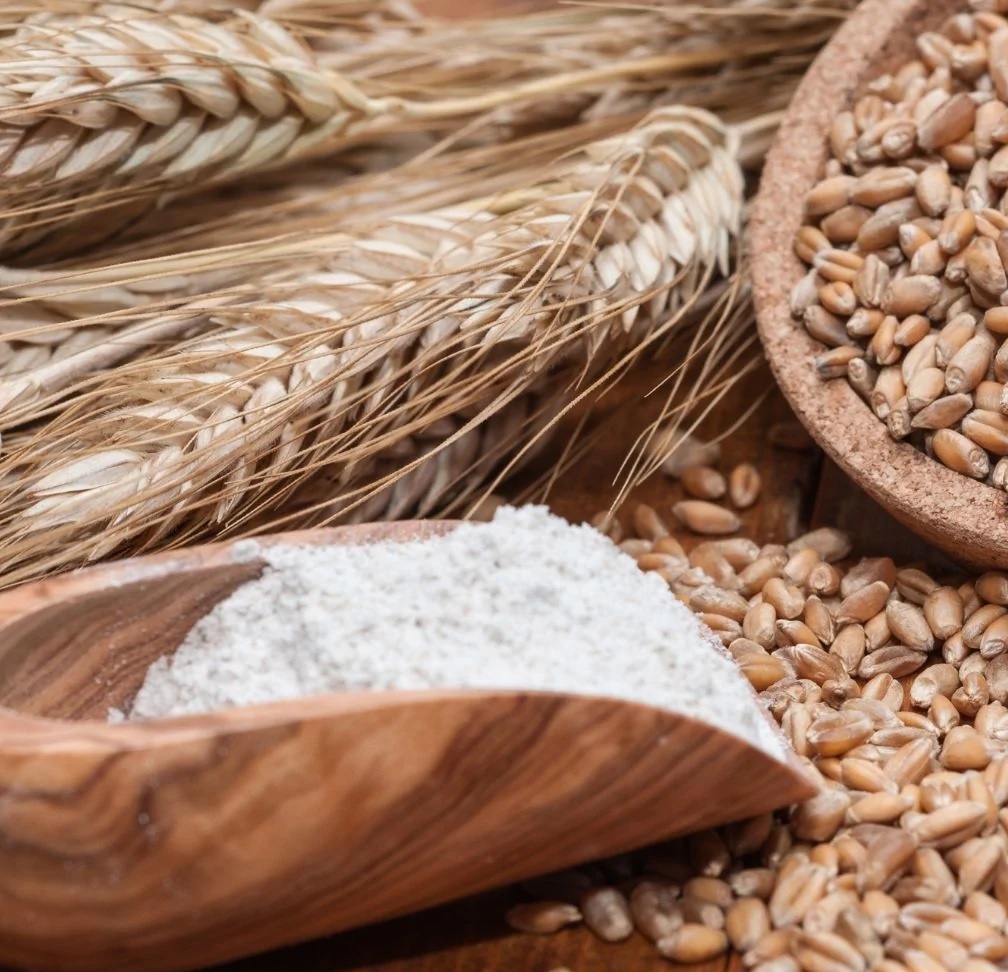Health Benefits of Barley Flour

When baking with barley flour, remember that it has a lower gluten content than wheat flour. As a result, it may not rise as much or form as strong a structure in baked goods as wheat flour. To compensate, barley flour is frequently combined with wheat flour in recipes to create a lighter texture. In many recipes, such as bread, pancakes, and waffles, barley flour can be used instead of wheat flour to add a nutty flavor and a slightly chewy texture.
It can also be used to thicken soups and stews. When using barley flour, keep in mind that the final product will be denser than when using only wheat flour. Furthermore, barley flour can add a sweet, nutty flavor to your baked goods and make them more moist.
It’s also worth noting that barley flour comes in various forms, including pearled barley flour, pearl barley flour, and whole barley flour, each with a slightly different texture and nutritional value.
Below is a detailed explanation of the health benefits of using barley flour:
Rich in vitamins and minerals
Barley flour is a good source of vitamins and minerals, including vitamins B and E, magnesium, potassium, and zinc. These nutrients are essential for overall health and can provide various health benefits.
- Vitamin B helps in the metabolism of carbohydrates, fats, and proteins, and also it helps in the formation of red blood cells and the functioning of the nervous system.
- Vitamin E is a powerful antioxidant that helps protect cells from damage and helps maintain healthy skin and hair.
- Magnesium helps maintain healthy bones, teeth, and muscles. It also plays a role in regulating metabolism and in the production of energy.
- Potassium helps in maintaining fluid balance in the body, and it also helps in maintaining healthy blood pressure.
- Zinc helps in maintaining a healthy immune system, and it also helps in wound healing, taste perception, and the development of the reproductive organs.
Incorporating barley flour into your diet can help ensure that you get these essential vitamins and minerals, which can help promote overall health and well-being.
Antioxidant and anti-inflammatory properties
Antioxidants and anti-inflammatory compounds found in barley flour can provide various health benefits.
Antioxidants help to neutralize harmful free radicals in the body, which can protect against inflammation-related damage and lower the risk of certain diseases. Barley flour contains antioxidants such as flavonoids.
Barley flour contains anti-inflammatory compounds that may help reduce inflammation in the body, lowering the risk of certain chronic diseases. Beta-glucans have anti-inflammatory properties and is found in barley.
Management of weight
Barley flour’s high fiber content can aid in weight management by promoting feelings of fullness and satiety, which can help reduce overall calorie intake and aid in weight loss. Fiber-rich foods take longer to digest and absorb, which can help you feel fuller for longer and reduce your overall calorie intake. This can assist you in losing weight or maintaining a healthy weight.
Barley flour is also low in calories and fat, which can help with weight loss. Furthermore, the fiber in barley flour may help slow sugar absorption, which can help prevent blood sugar spikes and reduce sugar cravings.
In conclusion, barley flour is a nutritious and versatile ingredient that can be used in various recipes. It is a good source of fiber, vitamins, and minerals and may provide multiple health benefits, including weight management and antioxidant and anti-inflammatory properties.



